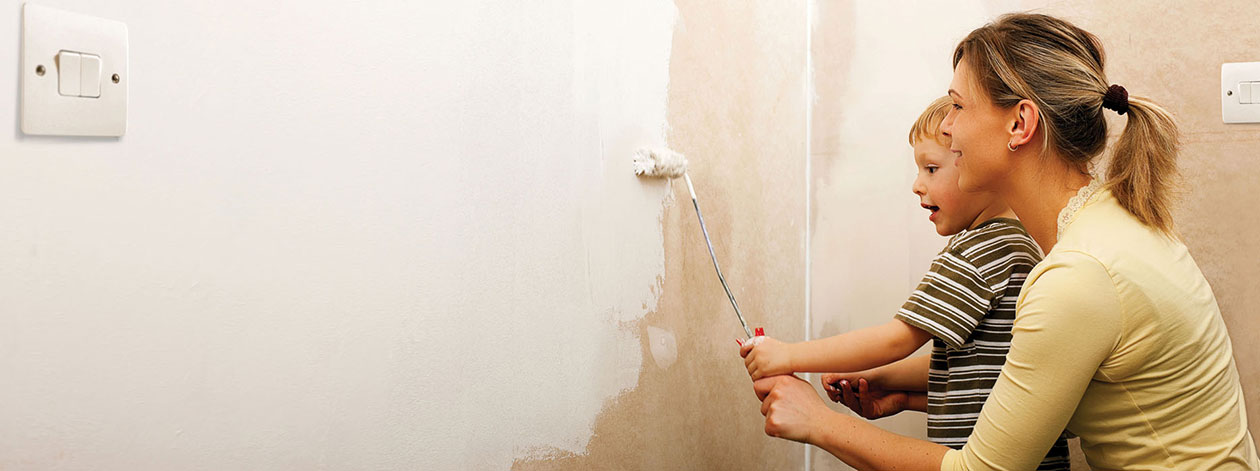
Should I consider a loan for home renovations?
Ready to make some home improvements or looking to invest in a smart renovation? A home improvement loan could be the way to get the money you need.
Published:11 Mar 2022
What is a home improvement loan?
A home improvement loan is a type of personal loan designed to let you get on with the renovations that could transform your home. Whether it’s a new kitchen or giving the whole house a facelift, a loan could give you the money to get started.
Are home improvements worth it?
If you’re looking to renovate your home with the plan of selling it, there are a few important things to think about.
Some improvements can add value to your home, especially if you’re making repairs or replacing fixtures that are very out of date. That said, the money you put into renovating a house isn’t always seen in the property value.
Chatting to a few different industry experts such as estate agents or contractors about your home might be useful. It could help you get an idea of whether it’s the kind of property that is likely to gain value if you make changes, or whether you might as well leave any improvements to your potential buyers.
If you’ve got no plans to sell in the near future, then think about what the improvements mean to you and how much they will improve your quality of life. A new kitchen may not make a huge difference to your home’s value once you’ve been enjoying it yourself for a while – but you’ll have had a few years of enjoying your kitchen.
What are some of the most common home improvements?
The most common home improvements are the ones that brighten up our living spaces. A fresh lick of paint or new carpets are some the most popular options. Lots of people are also interested in finding good storage solutions to minimise clutter or choosing renovations to make rooms multi-functional.
When it comes to bigger renovations – and the kind that could have an impact on the property’s worth – kitchen and bathroom makeovers lead the pack. Updated boilers and heating systems are also very popular, because efficient heating could save money on bills in the short term, as well as potentially adding value to homes in the long term. The same is true for fitting double-glazing.
Budgeting tips for home improvement
Keeping a lid on the cost of your renovations takes a little bit of planning, but it can be done. Here are a few tips to get started:
- Before you get stuck into your home improvements, be sure to draw up a plan of everything you need and how much it’s likely to cost.
- When you’re hiring outside help for your project, always get three different quotes so you can compare and be sure you’re getting a fair price.
- Take on the job of co-ordinating and overseeing. Rather than hire someone to chase up bookings or hunt down products, you can do it yourself.
- Be prepared to hunt for bargains. There are good deals out there, if you’re able to be flexible with timing or styles. Wait for the sales or consider ex-display options.
Our guide to financing your home renovations has some handy suggestions for financing the changes you’d love to make. Find out more tips for financing your home improvements.
How much should I borrow?
When you’re looking for a home renovations loan to cover a project, make sure you budget in a little extra for any unexpected expenses. It’s rare for a home improvement to run completely to plan, and factoring in a contingency budget is a good rule of thumb. If you end up not needing the small cushion, you can set it aside to pay your first few monthly instalments.
That said, don’t borrow far more than you need. When you take out a personal loan, you will be charged interest on the amount you borrow. The more you borrow, the more you’ll have to pay back in interest, so it may not be wise to take out a loan for lots more than you’re expecting to spend.
Important information
The content on this page aims to offer an informative introduction to the subject matter but does not constitute expert financial advice specific to your own situation. All facts and figures were correct at time of publication and were compiled using a range of sources.